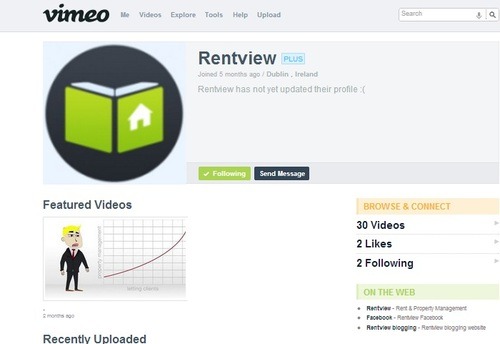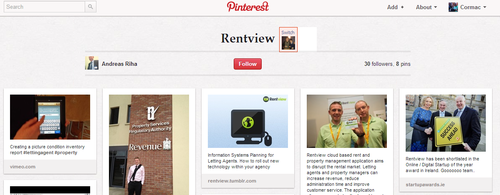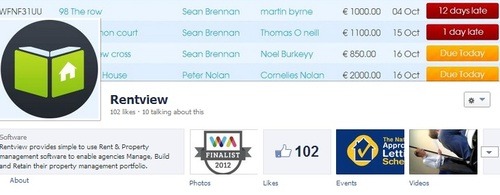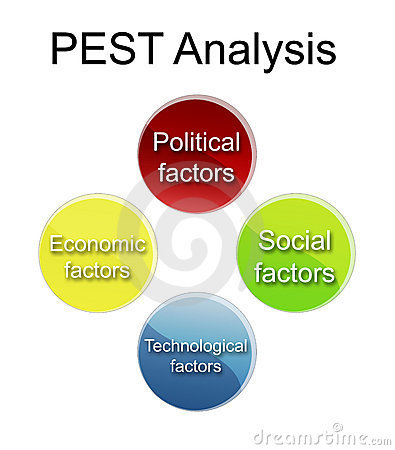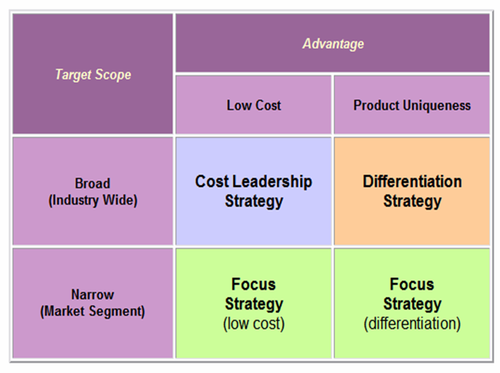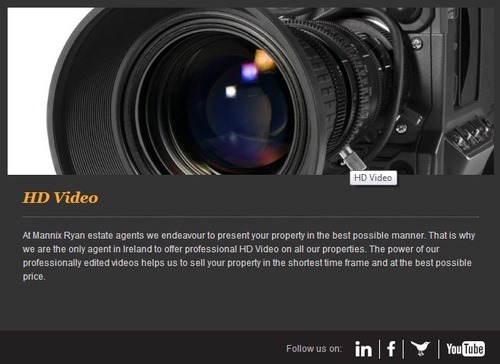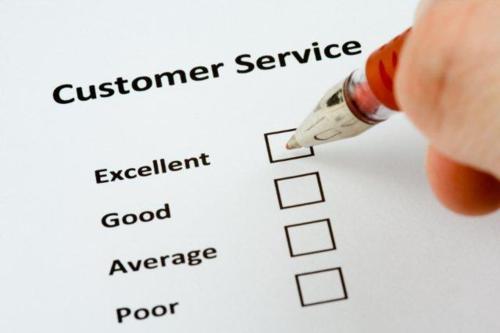
Back to strategy today and a very important topic about letting agent marketing strategy. Terence Shimp is a widely renowned expert in the area of marketing communications and branding for companies and a lot of these thoughts are adapted from his work.
So firstly; a brand is name, term, sign, symbol or design that identifies and differentiates goods and services of one letting agent from another and also communicates a particular set of values for that agency.
No branding is something that would be more focused on goods and products. However, more and more service providers are gaining a competitive advantage through creating unique brands for their companies. This applies to letting agents also, they want brand equity, a letting agent that customers are familiar with and believe in, known for letting property quick and known for providing quality rental accommodation with excellent management staff etc. What do you want be known for?
What is your brand?
So, what are the benefits of having a strong brand equity behind your property services? You can increase your market share, increase loyalty with current clients and look into premium pricing for certain services you offer due to the reputation you have created for the brand. If we take a familiar product for Irish lets thing alcohol. Bulmers for example, you think summer, socialising, beer gardens, fun etc all in their adverts . What happen’s when you head to the pub on a hot summer’s day- you buy a bloody pint of Bulmers! So start getting an image, message, meaning behind your agency and what you stand for!
Letting agent marketing strategy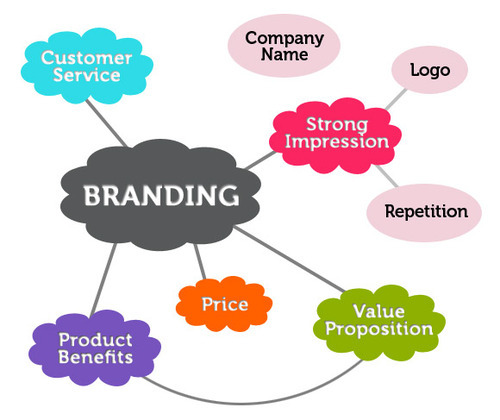
OK so you choose the brand now how to you develop it and sustain it for your agency. Well you can use brand positioning , which is basically influencing the attitudes of what landlords and tenants think of your brand through you marketing and advertising – that’s another days writing but you know what I mean!
The second area you want to focus on is the integration of your brand messages throughout all areas of marketing for your agency. From your ad’s on the front window of your agency to your social media pages be consistent with the messages and values you are putting behind the brand! Letting agent marketing strategy should be well thought out.
by Rentview
Articles that may interest you
